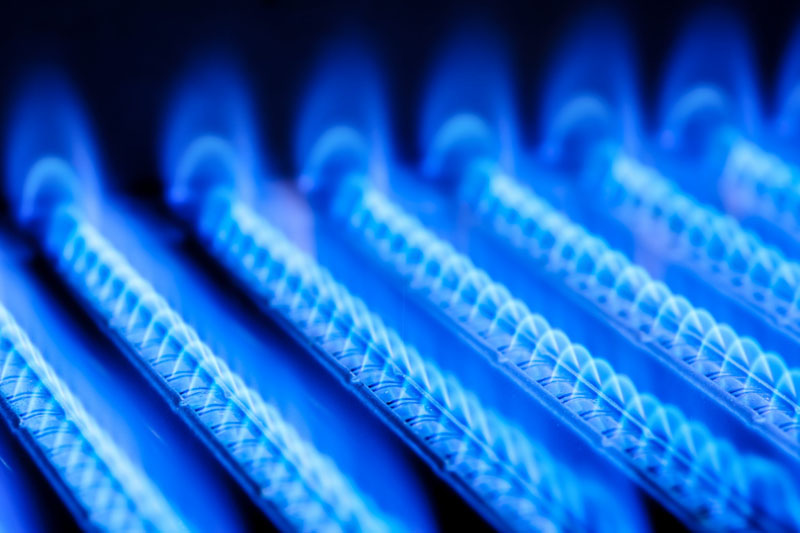In January, the U.S. Consumer Product Safety Commission created a flurry of controversy over a rumored proposal to restrict the use of gas-powered stoves in homes. Although fears over that federal proposal were exaggerated, state and local lawmakers have been active on the usage of natural gas in residential and commercial settings.
Legislation has emerged in various jurisdictions which seeks to ban natural gas in new construction, while opponents are pushing legislation that forbids cities from banning natural gas in new commercial buildings.
In 2019, Berkeley, Calif., became the first city in the U.S. to ban natural gas in new buildings. Not soon after, a number of the largest U.S. cities – Los Angeles, New York City, San Francisco, Seattle, and Washington D.C. – adopted rules that would either ban or limit the use of natural gas in new residential and commercial buildings.
On the state level, in 2022, Washington became the first state to adopt rule revisions to its energy code that would require new commercial buildings to use heat pumps for space heating. California followed suit when the California Air Resources Board approved its plan to phase out natural-gas-burning heaters and appliances in new buildings. And, late last year, New York Governor Kathy Hochul backed a statewide proposal to ban natural gas for new buildings in her state.
This year, lawmakers have already introduced bills seeking to ban natural gas for commercial use in several states. A Massachusetts bill would require new buildings to be all-electric, granting exemptions to fueling service stations and buildings with emergency energy backup systems in place. Meanwhile, a pair of bills in New York would phase in a natural gas ban for new buildings by requiring buildings less than seven stories tall to be all-electric by 2025, and buildings taller than seven stories to be all-electric by July 2028.
On the other side of this issue, many conservative lawmakers have attempted to counter local efforts to pass natural gas bans by enacting local preemption legislation that would prohibit such acts. In fact, currently, more than 20 states have preempted localities from prohibiting the sale of natural gas to customers.







